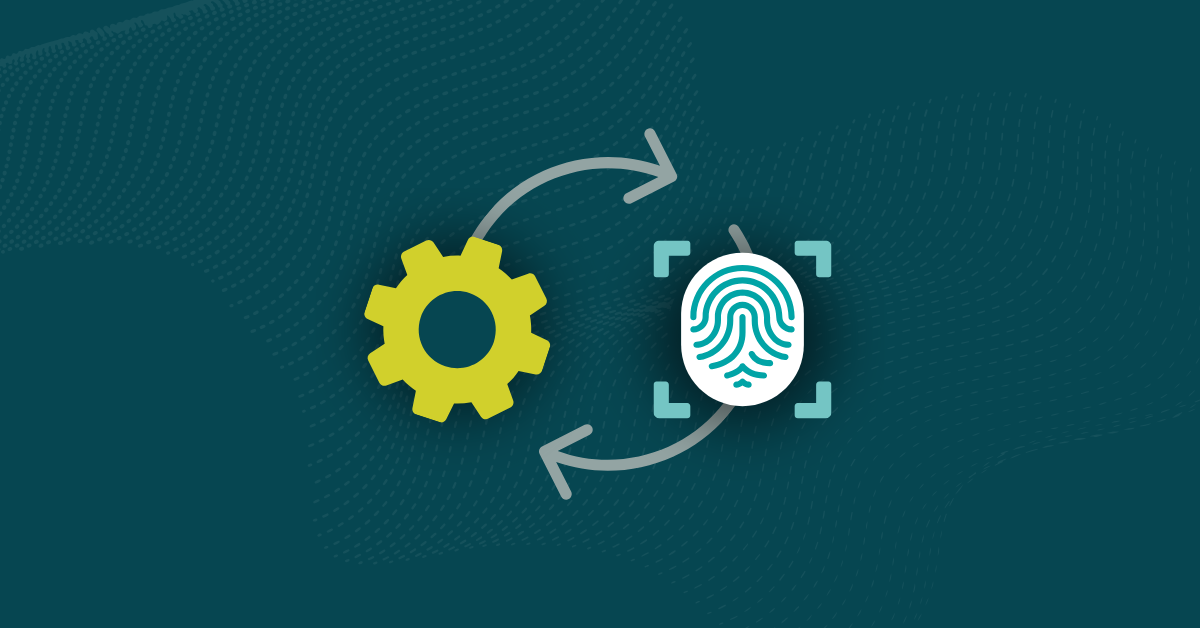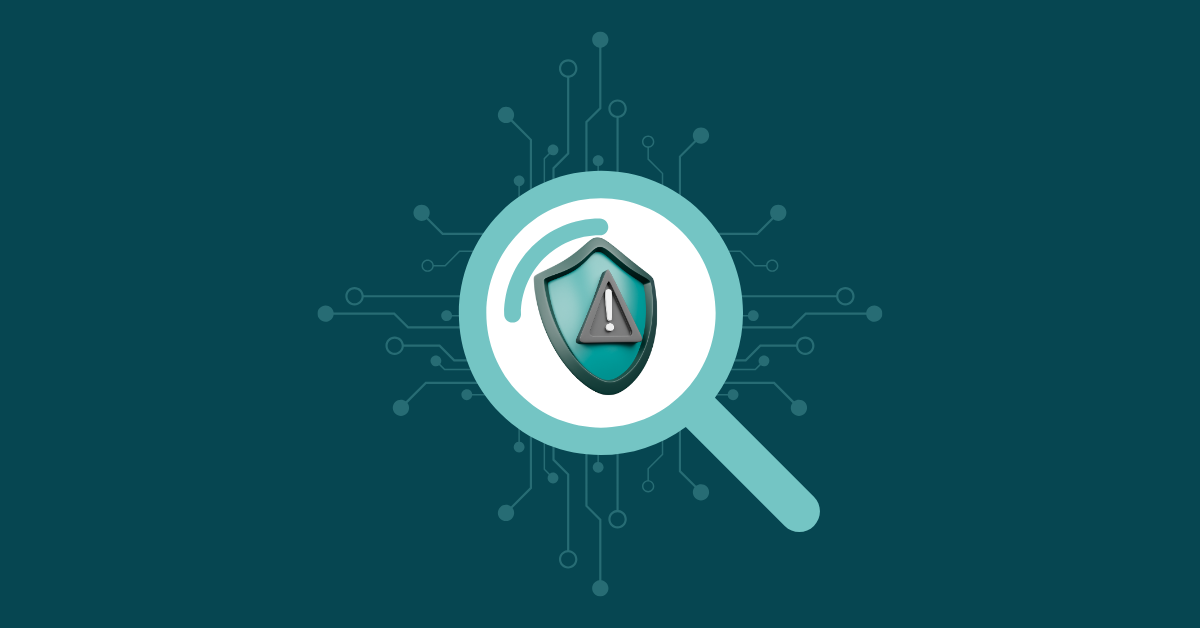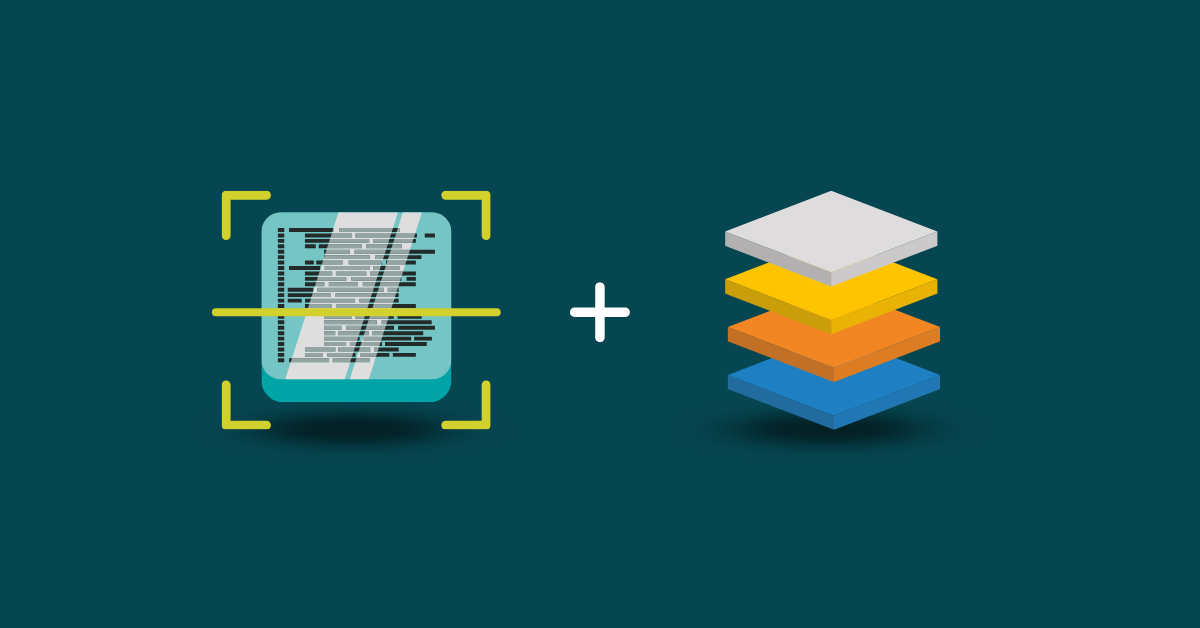

Developers often face challenges with smaller budgets for larger projects that demand quality and security assurance. While there’s an entire ecosystem of tools that can conduct individual types of tests, using these tools separately can make a developer’s job harder than it needs to be and ultimately slow down the process.
Explore how to effectively use a single integrated suite of cybersecurity testing tools to protect your application.
As cybercriminals continue to find new ways to compromise applications, developers often have to conduct more thorough tests. However, finding enough funding to conduct every type of test your application needs is a challenge in its own right.
Using multiple software security testing tools that cover individual test types also creates a disjointed security posture. Therefore, cybersecurity teams may need to use cybersecurity apps that can conduct multiple test types within the same program.
There are several types of cybersecurity tests and risk assessments you should conduct to make sure your application is as safe as possible from attacks. However, being able to run these tests doesn’t mean you have to have a different type of tool for each one—the right suite of cybersecurity tools can make it easier to conduct multiple types of tests under one roof.
These are the types of tests we believe every DevSecOps team should conduct to keep their applications secure.
Penetration testing is a security exercise your team can use to find weaknesses in your app and its source code. It simulates a cyberattack to help identify defects hackers can use to breach your security and gain unauthorized access to your most sensitive data.
There are also different types of penetration tests. Some of the types that white-hat hacking teams tend to use most often include:
The three “shades” of tests refer to the different levels of information available to your testing team before they begin the test. All three can help you understand how much—or how little—information hackers need if they want to break into your system.
Black box testing enables developers to test an application’s functionality without having access to its source code. Behavioral testing focuses on the app’s input and output rather than just the mechanisms that enable the output.
In short, it allows developers to examine the final results the code enables without focusing on its internal workings. This encourages developers to think like users, gaining a different perspective on how the application works.
From a cybersecurity standpoint, black box testing helps developers find potential weaknesses in the application that an attacker could exploit. It enables developers to see how hackers could compromise users’ privacy or the app’s structural integrity from an outside perspective.
Static code analysis is the process of testing software’s source code early in the development lifecycle. It enables teams to identify potential vulnerabilities and errors in their code, while also helping them maintain compliance with security standards.
As a cybersecurity assessment tool, static code analysis enables teams to find bugs and errors without executing the application in a runtime environment. It’s an essential step to take throughout the SDLC, and it’s integral to the CI/CD pipeline.
While static code analysis is designed to help test a software’s source code without using a runtime environment, dynamic code analysis tests the program’s code while it’s running. This allows developers to identify vulnerabilities that may only become noticeable during runtime.
Dynamic code analysis can be done in either a real-time or sandbox environment. This makes it easier to understand how potential threats impact your program’s runtime environment.
SAST is a form of security testing that analyzes your source code to identify possible security vulnerabilities. It scans applications before you compile the code so it can more easily find areas where a hacker could execute an SQL injection or cross-site scripting (XSS) attempt or places where your app is most likely to mishandle data.
One of the most significant benefits of SAST is that developers can use it early in the SDLC. In turn, this can shorten the development lifecycle and make your application more secure because you’ll be able to improve your code quality early on.
SCA is a test that developers and software security specialists can use to identify the open-source components within a software application. SCA tools, such as Kiuwan, analyze your codebase, inventory its third-party components, and monitor them against known open-source libraries and vulnerabilities. Kiuwan can automate this process, allowing developers to take action more quickly.
All of these steps have the overarching goal of deterring hackers from using your app’s open-source components to compromise it, steal data, and otherwise cause significant security issues.
Using SCA makes it easier to develop a comprehensive incident response plan, continuously monitor your application’s security posture, and take a proactive approach to updating your application.
Kiuwan’s cybersecurity risk assessment tools offer multiple security and code analysis capabilities to keep your application secure from every angle. They also feature a range of integration capabilities. These tools facilitate cross-referencing databases of known vulnerabilities, ensuring your code consistently meets the highest quality standards.
Some of the other integrations and capabilities Kiuwan offers include:
Kiuwan enables developers to implement seamless SAST, SCA, and static code analysis testing in all phases of the development cycle. It enables your team to maximize test coverage and create higher-quality code without having to purchase multiple testing tools and integrate them across the different phases of your development process. In turn, it’ll be much easier to shift left in the development cycle and create a higher-quality app.
Ready to see how Kiuwan’s suite of cybersecurity testing tools can make your application safer for your team and users? Request a free demo today and discover how our testing capabilities can benefit your app.


